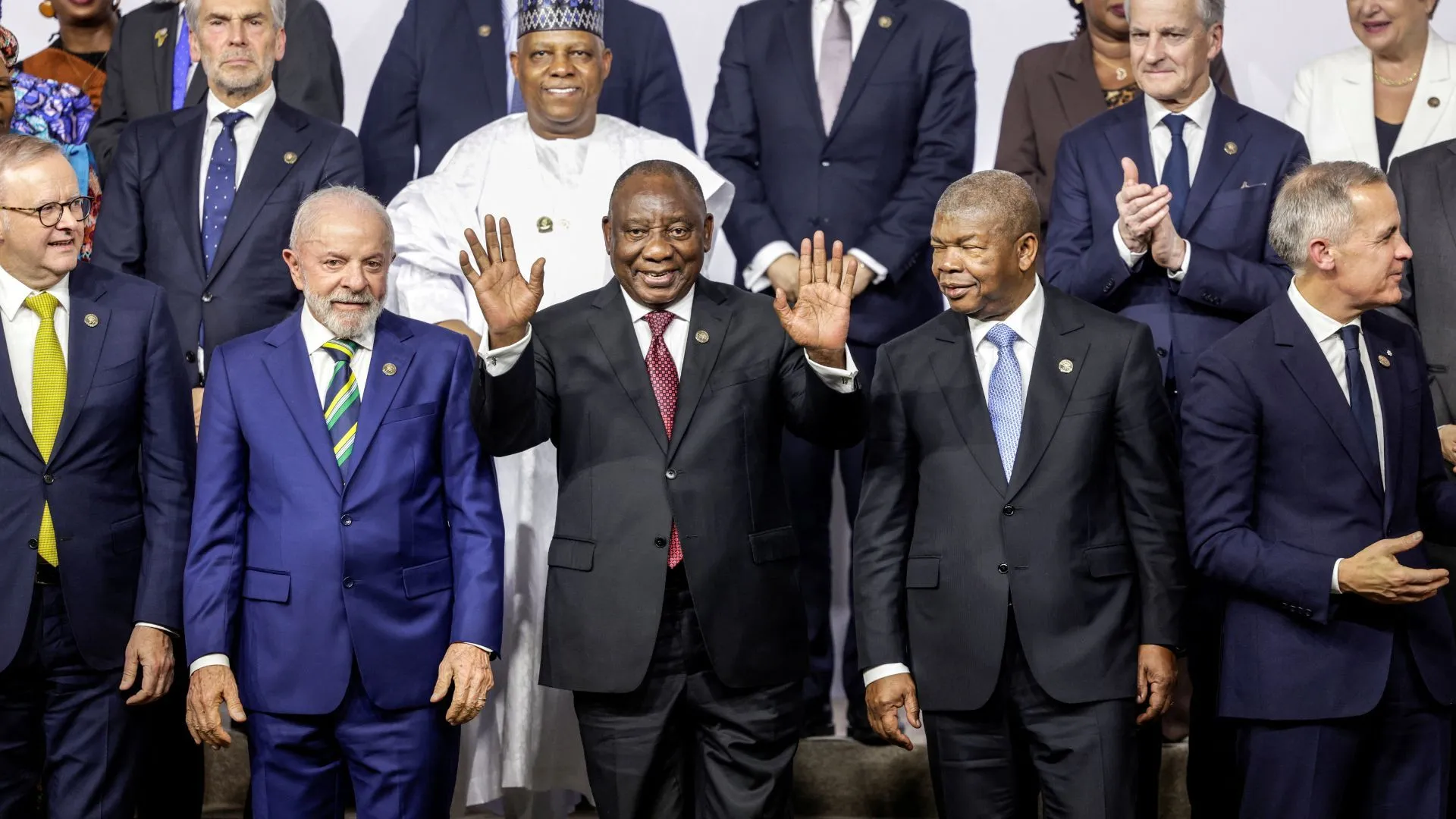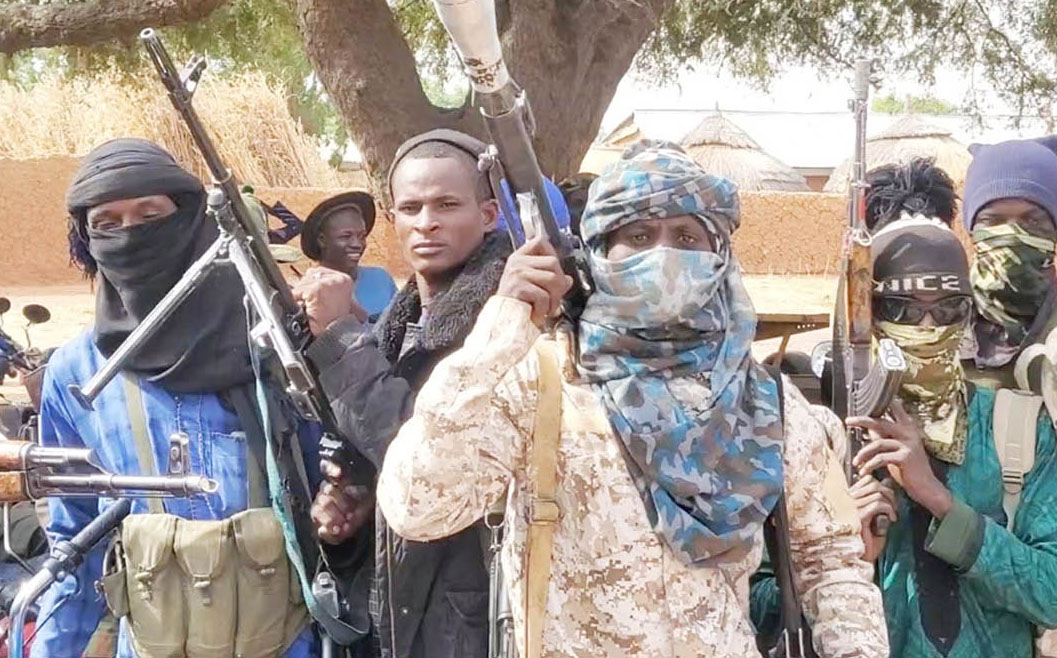A major diplomatic shift is taking place as several leading Western nations have formally recognised Palestine as a sovereign state, marking one of the most significant developments in the Israeli-Palestinian conflict in decades. The recognition has come during the United Nations General Assembly in New York, a setting that has historically been a platform for discussions on Middle East peace.
The coordinated announcements began on September 21, when the United Kingdom, Canada, Australia, and Portugal declared official recognition of Palestine. This marked the first time that these nations, traditionally close allies of Israel, had taken such a step. Within 24 hours, France followed with its own declaration, describing the decision as a necessary move to advance peace and create a viable two-state solution. Several other European nations, including Luxembourg, Belgium, Malta, Monaco, and Andorra, joined the list, signalling a coordinated diplomatic effort.
With these new additions, 157 of the 193 member states of the United Nations now recognise Palestine as a state, representing over 80 percent of the global community. Palestine has held non-member observer state status at the UN since 2012, which allows it to participate in debates and join certain international treaties but does not grant it full voting rights.
Governments taking this step have largely justified it as a response to growing humanitarian concerns, particularly in Gaza, where months of conflict have led to widespread devastation. Civilian casualties, ongoing blockade conditions, and what many view as stalled peace negotiations were repeatedly cited as reasons for recognising Palestinian statehood. Leaders argued that recognition strengthens the diplomatic and legal basis for Palestinians to pursue statehood peacefully and helps renew international momentum for a negotiated settlement.
In their statements, some governments made it clear that their recognition was conditional on steps by Palestinian leadership to ensure transparent governance and to distance itself from armed groups. Several emphasised the need for Hamas to relinquish military control in Gaza and for the Palestinian Authority to work toward democratic reforms and unity between Gaza and the West Bank.

Palestinian leaders have welcomed the announcements as a “historic moment” and a powerful sign of international solidarity. Officials of the Palestinian Authority described the recognitions as an overdue step toward justice and a reaffirmation of the right to self-determination. They called on other nations, particularly the United States, to follow suit and help create conditions for serious peace negotiations.
In Israel, the response has been sharply critical. Prime Minister Benjamin Netanyahu condemned the decisions, describing them as rewarding terrorism and undermining Israel’s security. Israeli officials argued that the timing of these recognitions, less than two years after the October 7, 2023 attack by Hamas, sends the wrong message and reduces pressure on Palestinian groups to negotiate in good faith. Israel has warned that such steps could further complicate future talks and deepen regional tensions.
Recognition of a state carries important diplomatic consequences. It allows Palestine to open fully accredited embassies, enter bilateral agreements as a sovereign nation, and strengthen its legal standing in international courts. It also increases its influence in multilateral organisations, though full UN membership still requires approval by the Security Council, where permanent members hold veto power. The United States has historically used its veto to block Palestinian statehood resolutions, a stance that has not yet changed despite growing international momentum.
This is not the first time Palestine has received broad recognition. In November 1988, the Palestine Liberation Organisation declared an independent State of Palestine, prompting recognition by over 90 countries, mainly in Africa, Asia, and Latin America. The Oslo Accords of the 1990s created the Palestinian Authority and laid out a framework for eventual statehood, but final status negotiations repeatedly stalled, leaving issues like borders, refugees, and the status of Jerusalem unresolved.
The latest wave of recognitions is significant because it includes countries that have historically acted as mediators and close partners of Israel. Their decision to recognise Palestine signals a growing impatience with the lack of progress on a negotiated settlement and a belief that symbolic recognition may help reset the diplomatic process. It also reflects a shift in public opinion in several of these nations, where calls for governments to act on the humanitarian crisis in Gaza have grown louder.
International analysts say this move could put pressure on Israel to return to negotiations, though there is no guarantee of immediate change on the ground. The recognition does not automatically end the occupation of the West Bank or lift the blockade of Gaza, and major security challenges remain. The Palestinian territories remain politically divided, with the Palestinian Authority governing parts of the West Bank and Hamas controlling Gaza. Both internal Palestinian politics and Israeli security concerns will influence how recognition plays out in practical terms.
For now, the wave of recognitions has given Palestinians a sense of renewed legitimacy on the world stage. It has also shifted the diplomatic landscape, potentially isolating Israel from some of its traditional allies and setting up new debates within the United Nations and other forums about the next steps toward a lasting peace agreement.
Whether these recognitions will translate into meaningful changes for Palestinians living under occupation remains to be seen. The challenge ahead lies in transforming symbolic gestures into concrete outcomes, including progress on borders, security arrangements, and human rights, that can lead to the long-sought goal of two states living side by side in peace.







